Shares in focus: Unilever's supertanker drifts onto the rocks
Unilever is massive and laden with goodies, but is the plain sailing behind the consumer goods maker, asks Phil Oakley.
Get the latest financial news, insights and expert analysis from our award-winning MoneyWeek team, to help you understand what really matters when it comes to your finances.
You are now subscribed
Your newsletter sign-up was successful
Want to add more newsletters?

Twice daily
MoneyWeek
Get the latest financial news, insights and expert analysis from our award-winning MoneyWeek team, to help you understand what really matters when it comes to your finances.

Four times a week
Look After My Bills
Sign up to our free money-saving newsletter, filled with the latest news and expert advice to help you find the best tips and deals for managing your bills. Start saving today!
Unilever is massive and laden with goodies, but the plain sailing is behind it, says Phil Oakley.
There are two main reasons why a sensible investor might want to buy a company's shares. One is that they are very cheap and oversold. The other is that profits in the years ahead look set to grow very quickly. If you can find a share with both of these attractions usually hard to do that's even better.
But since the financial crisis, many people have been investing in shares for another reason because there's nowhere left to invest. With interest rates being screwed down to lower and lower levels by central banks, the dividend yield on shares is often viewed as a better alternative to sitting on cash or putting your money into government bonds.
MoneyWeek
Subscribe to MoneyWeek today and get your first six magazine issues absolutely FREE

Sign up to Money Morning
Don't miss the latest investment and personal finances news, market analysis, plus money-saving tips with our free twice-daily newsletter
Don't miss the latest investment and personal finances news, market analysis, plus money-saving tips with our free twice-daily newsletter
I reckon that this third reason has been the main driver behind the rise in Unilever's share price and that of many other consumer companies over the last five years. Unilever owns a stable of leading consumer good brands, including Dove, Ben & Jerry's ice cream, Domestos, Hellmann's and Tresemm. That makes it the sort of share that defensive investors have flocked to. People feel that their money is relatively safe (by the standards of the stockmarket) because Unilever sells the sorts of goods food, soap powder and toiletries that people will have to buy, whatever the economic climate.
There is some logic behind this. But I can't help feeling that money invested in Unilever is becoming rather less safe as time goes by. That's because investors have become ever more willing to pay a higher and higher price for every pound of Unilever earnings in other words, they're driving the price/earnings (p/e) ratio up.
In years gone by, you could regularly pick up Unilever shares at a mid-teens p/e. Now you are being asked to pay over 21 times 2015 expected earnings. A high p/e usually implies high expectations of future profit growth. That's fine if higher profits actually come through but it often results in big share-price falls if earnings disappoint.
This elevated p/e might be fair in a world of near-zero interest rates, where investors are happy to pay higher prices for any sort of growth at all. Alternatively, though, you could say that investors are being complacent. After all, even if interest rates don't rise, sooner or later Unilever will have to start growing its profits at a healthy rate to justify this share price. So is it time to sell up?
The outlook
return on capital employed (ROCE)
This wouldn't matter so much if the shares were half their current price. But at the current price, growth matters a lot.Last week's results announcement for 2014 didn't give much to cheer about. Unilever's underlying earnings per share (EPS) grew by just 2%.
Now, this would have been a very respectable 11% if exchange-rate movements hadn't been so unfavourable but if you take a deeper look at the business, you find that it's struggling to grow. Its markets are not growing at all. Unilever is doing slightly better than the markets it operates in, but it's hard to see how profits will expand any time soon. In 2014, underlying sales grew by 2.9%, while underlying trading profits didn't grow at all.
This weak growth explains why Unilever has made a big bet on emerging markets, which accounted for 57% in 2014. But growth is slowing there too sales in China fell by 20%, while a good performance in Latin America was diluted due to currency weakness. There's no reason to expect these markets to bounce back soon.
If you drill down into the company's product divisions, only the personal care business (accounting for just under half of profits) grew its underlying profits. The food business remains a big problem. The company has been selling weaker brands but its spreads business (things like Flora margarine) remains weak as consumers cut back. The ice cream brands, such as Ben & Jerry's and Magnum, are good assets, as are the home-care products, such as Domestos and Cif. But these businesses aren't big enough to move the Unilever supertanker and there's lots of competition squeezing selling prices.
(Lack of) growing pains
Then there's the issue of the euro. It is getting weaker as the European Central Bank creates money out of fresh air. The good news is that this could help Unilever, because its overseas profits will be worth more in euros. But even so, the company remains quite downbeat. It thinks 2015 profits will be similar to 2014's and that depends on business picking up later in the year.
It might just be being cautious or being honest and telling investors how tough it is to grow.This is a shame, because Unilever would be a nice share to own in an individual savings account. But without profit growth, the current price looks too rich.
Verdict: avoid
Unilever (LSE: ULVR)
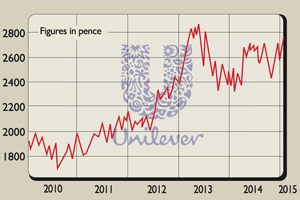
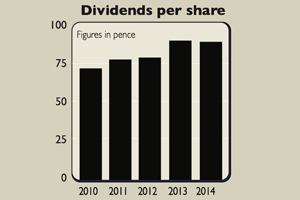
Directors' shareholdings
Get the latest financial news, insights and expert analysis from our award-winning MoneyWeek team, to help you understand what really matters when it comes to your finances.
Phil spent 13 years as an investment analyst for both stockbroking and fund management companies.
-
 Should you buy an active ETF?
Should you buy an active ETF?ETFs are often mischaracterised as passive products, but they can be a convenient way to add active management to your portfolio
-
 Power up your pension before 5 April – easy ways to save before the tax year end
Power up your pension before 5 April – easy ways to save before the tax year endWith the end of the tax year looming, pension savers currently have a window to review and maximise what’s going into their retirement funds – we look at how
-
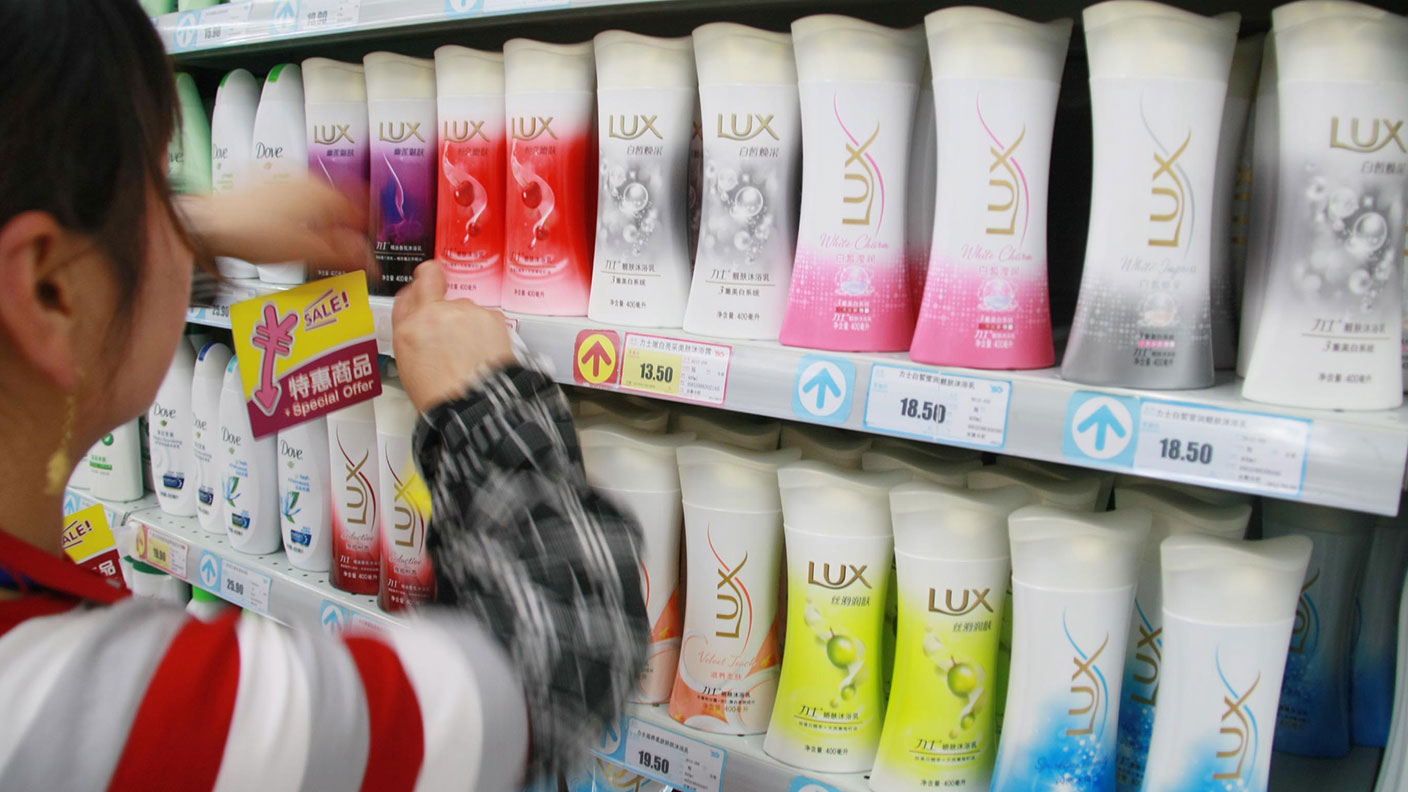 Inflation is hurting Unilever, but investors shouldn’t give up just yet
Inflation is hurting Unilever, but investors shouldn’t give up just yetAnalysis Consumer goods group Unilever has been underperforming as inflation bites. It's made errors in the past, says Rupert Hargreaves, but with valuable brands and a global reach, it still has plenty going for it.
-
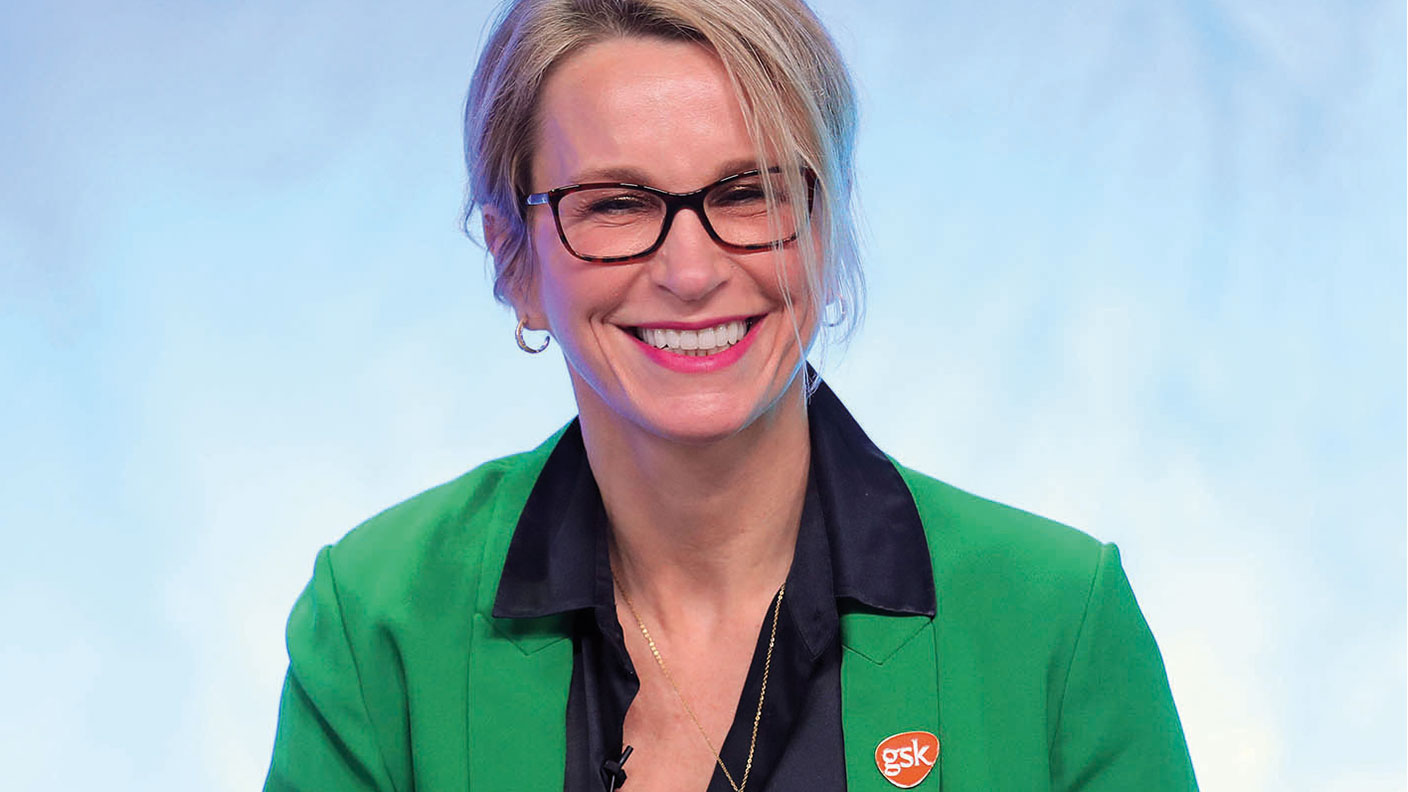 Why GSK should turn down Unilever’s billions
Why GSK should turn down Unilever’s billionsNews Unilever has offered GSK £50bn for its consumer division. But while the cash will be a temptation, the deal is not in the interests of shareholders or of anyone else, says Matthew Lynn.
-
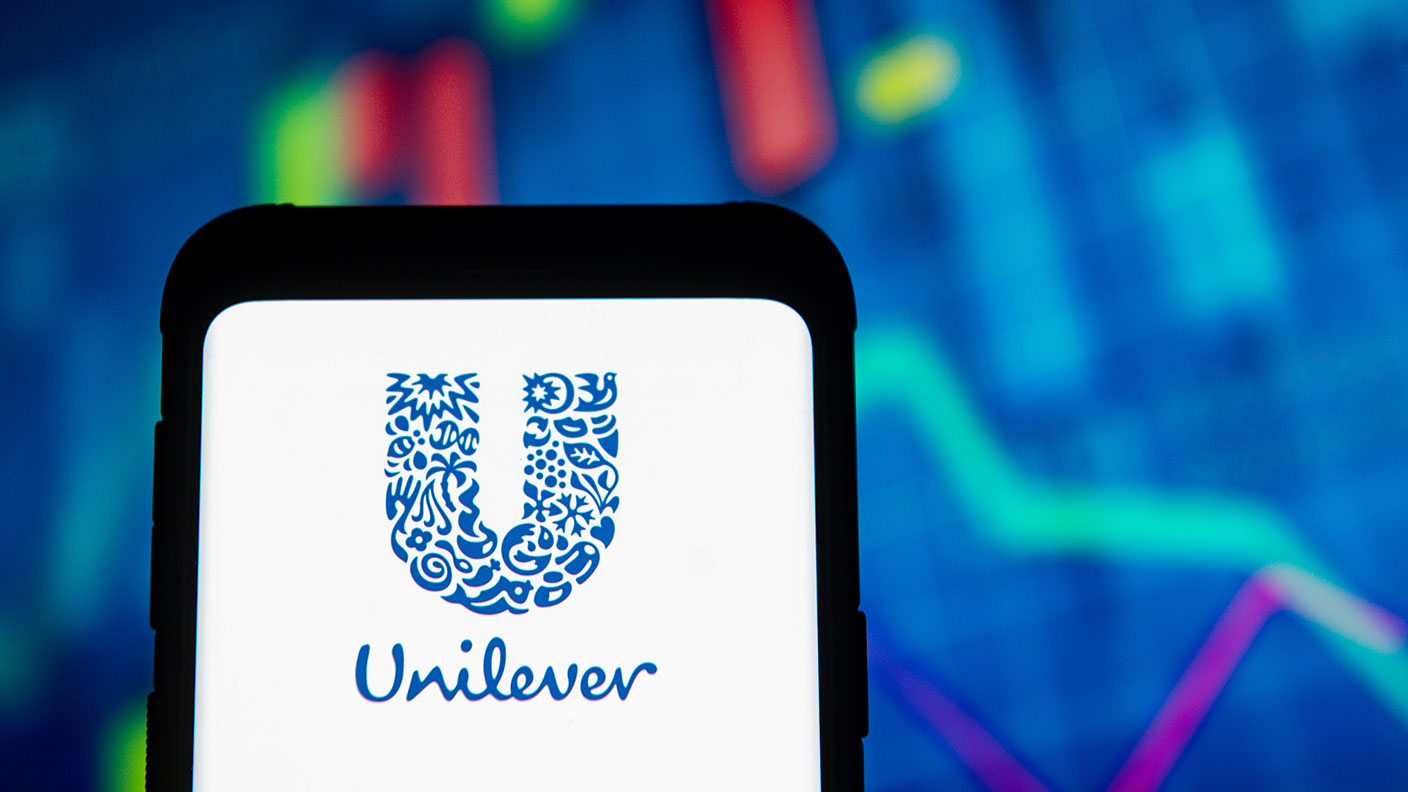 Unilever slides and GSK bounces after GSK knocks back £50bn bid
Unilever slides and GSK bounces after GSK knocks back £50bn bidNews Unilever shares fell to their lowest level in around five years, after its £50bn takeover bid for GSK’s consumer health unit was rejected.
-
 Unilever puts the U in U-turn
Unilever puts the U in U-turnFeatures The Anglo-Dutch consumer-products giant irritated shareholders with plans to redomicile in Rotterdam. Now it has beaten a retreat. Marina Gerner reports.
-
 Unilever and the erosion of shareholder democracy
Unilever and the erosion of shareholder democracyFeatures The way Unilever went about planning the vote on moving its head office out of the UK wasn’t normal and it wasn’t right, says Merry Somerset Webb.
-
 Unilever leaves Britain
Unilever leaves BritainFeatures Consumer-goods giant Unilever has chosen Rotterdam over London for its unified headquarters. Takeover threats and taxes played a part. Alice Gråhns reports.
-
 Nick Train: the value in Unilever
Nick Train: the value in UnileverFeatures Quality growth companies are still cheap relative to history, thinks fund manager Nick Train.
-
Unilever should snub the “crazy cost-cutters”
Features Unilever could soon dispose of some of its best-known brands in a bid to appease shareholders. But should it listen to them?